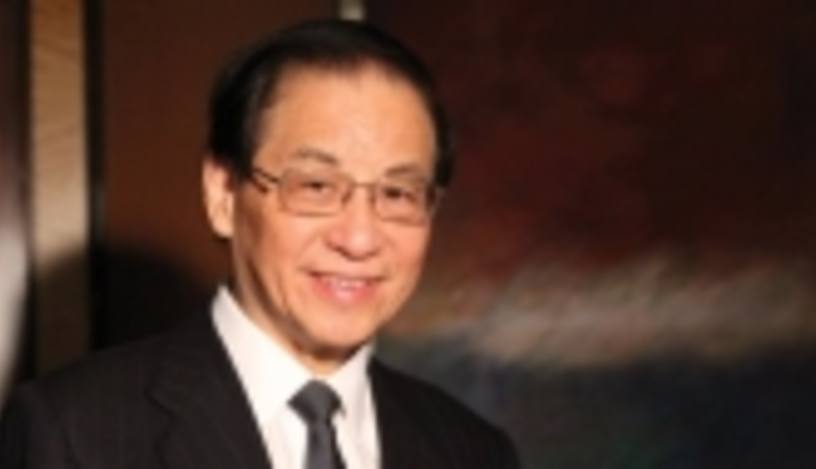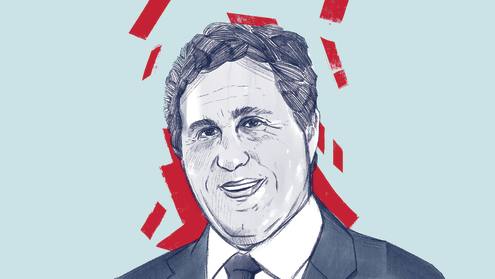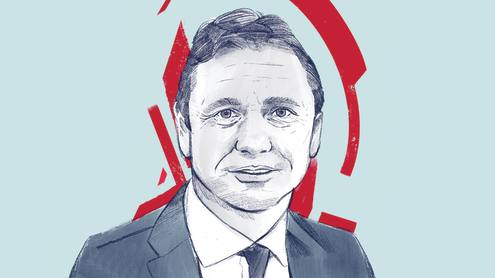The institution that Liu Mingkang helped to build as its first chairman from 2003 to 2011 – the China Banking Regulatory Commission – is under scrutiny. The plenum of China’s Communist Party in November 2013 set out a blueprint for economic reform that included liberalising the financial sector. And investors around the world are asking questions about asset quality in China, amid the near-default of a large trust company loan in January 2014. Now at one of Asia’s leading business think-tanks, the Fung Global Institute, Mr Liu emphasises the significance of the decisions facing China’s new policy-makers.
“China is at a turning point in the course of its development. The third plenum sent out a signal of intense and comprehensive reform, to turn around the country’s growth model. The government thinks moving forward only with mass production and mass investment will never be sustainable, so it is acknowledged that in the future the market will play a decisive role. China does not want to increase overcapacity and the pollution caused by credit-fuelled fixed-asset investment and mass exportation, which has also brought China too much exposure to external volatility,” Mr Liu tells The Banker.












